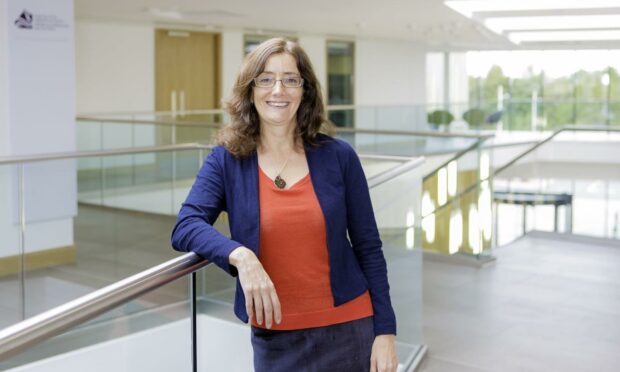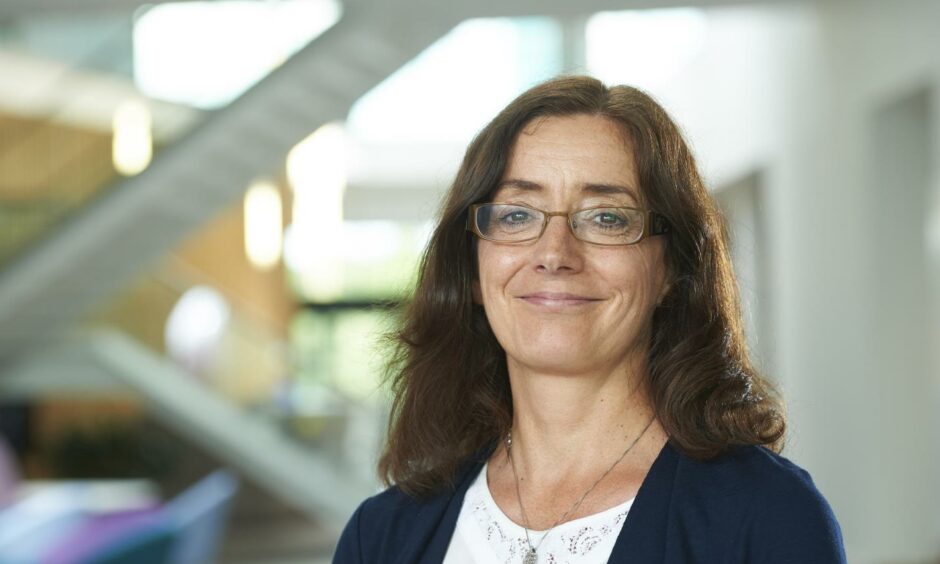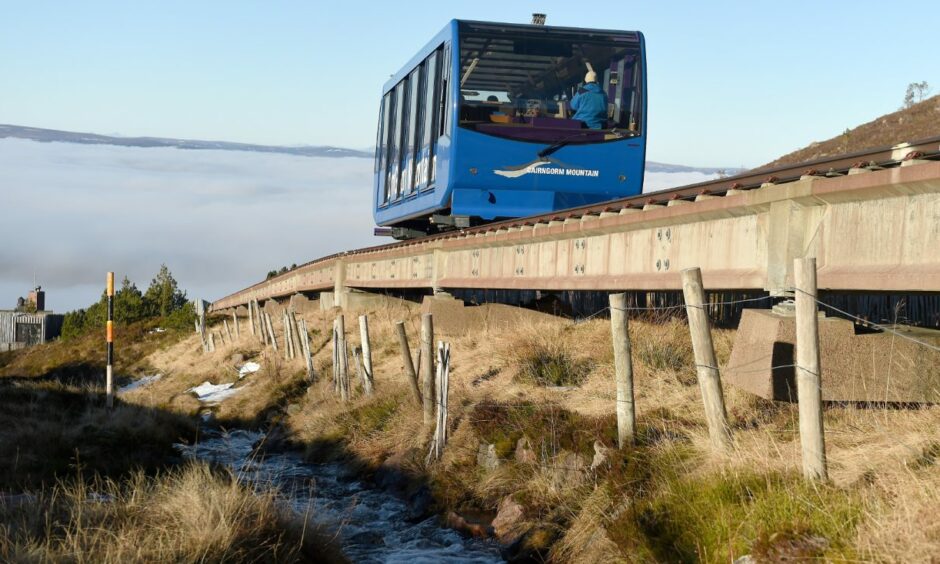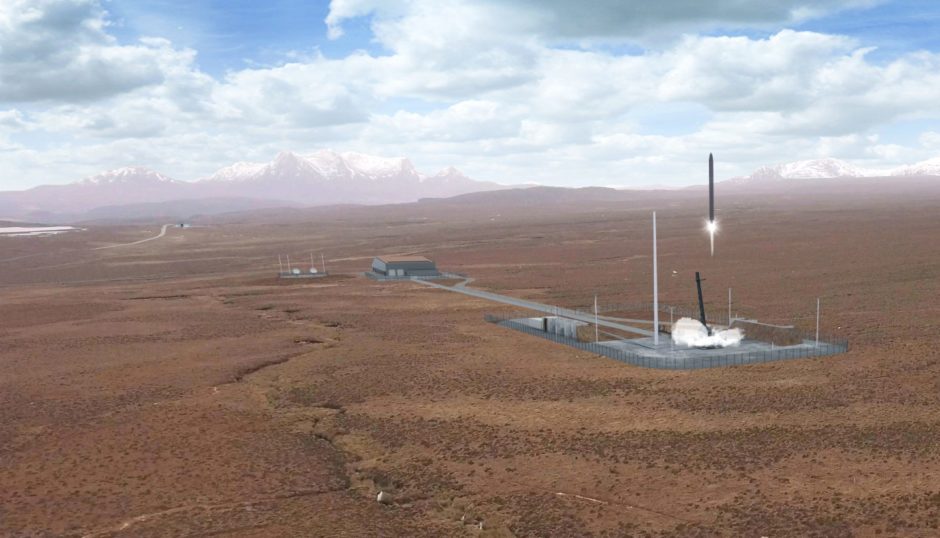The full impact of the Covid pandemic on the Highlands and Islands has yet to be calculated, according to the outgoing chief executive of the area’s development agency.
Charlotte Wright, who leaves her post at Highlands and Islands Enterprise (HIE) tomorrow, said the effects will not be known until the furlough scheme ends.
Ms Wright told MSPs last year Covid has left the region with its greatest-ever economic challenge.
It led to a doubling of the unemployment rate and a GDP fall forecast of up to £2.6 billion.
A HIE report said the impact of Covid on the region had been “disproportionately severe” due to its reliance on sectors like tourism and creative industries.
She said: “It will take a while for us to really understand the implications and impacts.
“Until we get to the end of furlough, and see exactly how that unwinds, we will not know what the impact is.
Depopulation still a problem
“Many of the tourism businesses won’t know until they have got through the season.
“It’s pretty busy, but different to previous years, and they need to see if they have got the income they need to keep them going through a leaner time of year.”
She said a business panel survey revealed reasonable confidence, although there are concerns over inflation, access to materials and a challenge recruiting staff.
An ongoing challenge for the region is depopulation, which has been a major issue for decades.
It led to the formation of HIE’s predecessor the Highlands and Islands Development Board (HIDB) in 1965 to stem the trend.
Last year, former Scottish secretary Alistair Carmichael called for HIE to be scrapped.
He said the economic fallout of Covid risks a return to the ‘Highland Problem’ identified in the 1960s.
Ms Wright said: “I’ve always seen it as being part of the strategic job of HIE to be doing our best to grow our population.
“While the city of Inverness is a success story, regrettably we still see population loss in some of our more fragile and rural areas like the Western Isles, Argyll and Caithness.
“If you ask what am I disappointed in, that has to be one.
“Many better people who came before me at HIE and HIDB have had this on the top of the list of key strategic issues, and it has to be for the future.”
Reports have indicated that since the Covid outbreak, many people are keen to move into the area.
‘The job is never done’
But Ms Wright said this is a “mixed blessing”.
“People bringing employment, innovation, creativity and wealth, and hopefully young families, too would be good.
“But if they are crowding out the housing market, which does seem to be a factor, then that is an issue.”
Ms Wright announced in May she was stepping down for personal reasons after 24 years with HIE, the last five as chief executive.
She does so knowing that the job has not been finished.
“But the reason for that is that the job is never done for HIE. There are always opportunities or challenges round the corner.”
Opportunities include renewables, particularly marine energy.
Investment in ports and harbours, including Nigg, Scrabster, Stornoway and Kishorn, offer good prospects, as does aquaculture and the space industry, where HIE has backed a project in Sutherland.
The Cairngorm funicular has been a major issue for the agency after the mountain railway was closed in 2018 while multi-million pound repairs are carried out.
It was revealed this month the agency is suing the funicular builders and designers for £14.5million.
A claim against the owners of Morrison Construction is due to be heard in the Court of Session.
Finding the right path
Ms Wright said: “I’m disappointed there was a problem with the funicular. That is being repaired.
“But if you step back and think about Cairngorm Mountain and the outstanding environment and economic asset it is for Scotland, that’s the way to look at it.
“We need to think about our stewardship of the whole of the Cairngorm Estate with the community. Staying close to the community is the essential way to make sure we can find the right path for the future of Cairngorm Mountain.”



